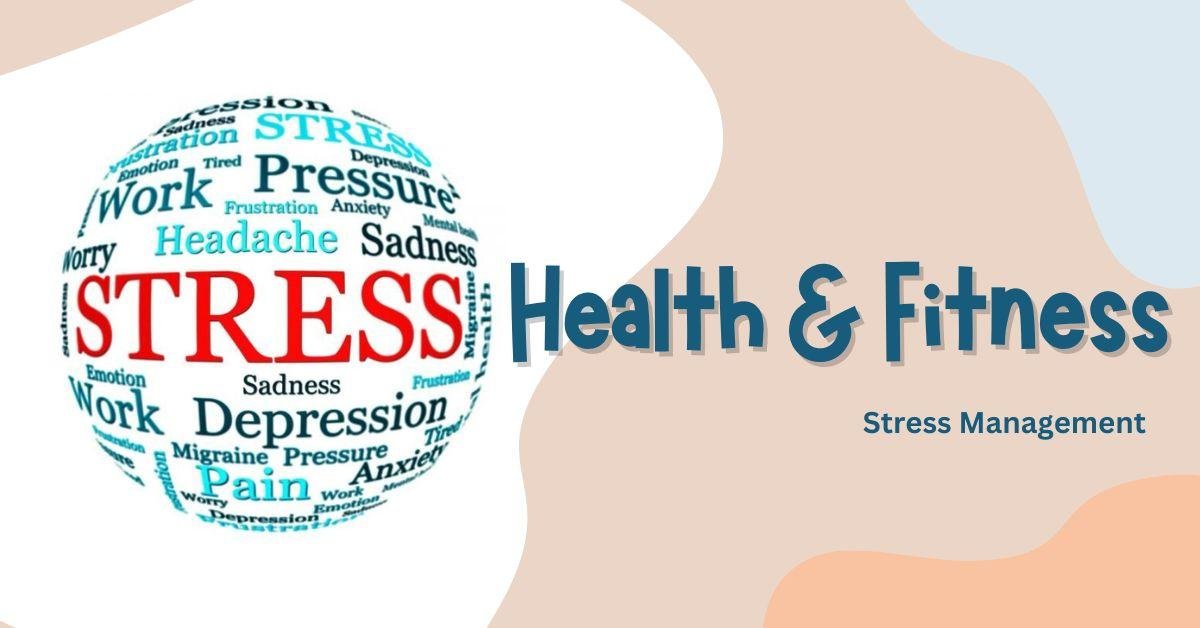First, stress is a normal life occurrence; it may, from time to time, act as a motivator as long as it is not excessive or long, as it is a notorious detriment to our well-being both psychologically and physically. Stress Management has been advocated as an important life enhancement strategy as well as in the prevention and control of chronic diseases of the heart, anxiety, and depression. This blog post is about how to explain stress and what we can do to prevent it in our day-to-day lives.
Important Life Enhancement Strategy
1. Understand the Causes of Stress
Knowing what causes stress is the first strategy to use in Stress Management. They say it occurs due to work-related stress, financial issues, relationship problems, or changes in one’s life. Stress at work could also be brought about by intra-organizational predisposing factors, including PERFECTIONISM. Individuals are always in the quest for perfection at the workplace by putting high standards ahead of human ability. Storing a stress diary can assist you in knowing what leads to stress and how you address it. Take appropriate action: This is the process of knowing your triggers to try to do whatever you can to avoid them.
2. Practice Mindfulness and Meditation
Mindfulness is active attention to the present environment and events with constant intention while avoiding criticism or scrutiny. Mindfulness, also known as Meditation, is another technique that helps to ease stress. It is recommended that one should take a few minutes, 5-15, daily to take a mindfulness and meditative approach to gain better control over your thoughts and reactions. Less than ten minutes of specific breathing can be extremely helpful in decreasing stress levels and increasing clarity.
Tip: Headspace, calm, and other applications come with direct instruction on doing it since it is a form of meditation.
3. Exercise Regularly
Stress Management is most effectively done through exercise, to start with. Aerobic activities assist in the discharge of endorphins, the all-natural feel-good hormone, and are known to assist in the enhancement of sleep. It can also cause levels of cortisol, the stress hormone, to come down. It may be a daily perambulation, a session of yoga, or a rigorous workout at the gym; introducing exercise into routine can help cut stress.
Tip: It is advisable to start with this target in order to achieve visible outcomes in the fight against stress and nervous tension, at least 30 minutes of moderate physical activity within 5 days a week.
4. Prioritize Healthy Eating
This means the kind of food we take not only affects our body size but also how stressed we are in our daily lives. Stressful foods such as processed foods, sweets, and drinks containing caffeine raise anxiety levels and make people more easily irritated. On the other hand, real food – whole grains, fruits, vegetables, lean proteins, and good fats – provides the nutrition your body needs for stable moods and sustained energy. Furthermore, everyone should take water because it is good advice for handling stress, since you become easily annoyed and tired as a result of dehydration.
Tip: Add more foods containing magnesium, such as spinach, almonds, and avocado, because these foods reduce stress.
5. Get Enough Sleep
Fatigue is directly related to stress. Fatigue can cause stress, and on the other hand, stress results in fatigue. Ideally, you should be getting between 7 and 9 hours of good sleep a day. Other important recommendations aiming to enhance night sleep are therefore setting a regular sleep schedule, a ban on the use of electronic devices before sleep, and ensuring that the room where one is to sleep is appropriate for sleep. Your body needs to get rest so that it can repair itself, and your mind needs to control stress.
Tip: It is very important to avoid caffeine, and thus you should replace it with herbal teas such as chamomile or lavender before sleeping.
6. Social Support and Communication
Sharing concerns is good, and therefore telling friends, relatives, or even a counselor is the best way to avoid feeling stressed. Being with friendly people and interacting is a requirement for mental health. Knowing there is someone out there to talk to during difficult situations helps a lot, especially when they can assist with solutions or just be your ongoing sounding board.
Tip: Have social contacts in order to change position to get acquainted with other people, to join some organization, or to spend time with kinsfolk.
7. Time Management and Setting Boundaries
One of the most common strains arises from the perception of overload and being too busy and having too little time. It is stressed that there are simple ways in which one could effectively manage time and hence avoid such stress. Design a list that will put various activities in order of importance, divide large projects into sub-tasks, and ensure that you take regular rest. The secret to avoiding burnout is being able to say no when things get too much or when it is necessary to establish limits. It can easily lead to a college over-committing himself/herself and, as a result, cause stress and burnout.
Tip: In the case of an organization, people should use calendars, planners, or other apps that help them with time management.
8. Employ Relaxation Exercise
Other relaxation methods include: breathing exercises, gradual muscle relaxation, and guided imagery. We can easily calm the mind and ease tension. It is important that this type of process can take place in any place with ease and can even be applied in stressful circumstances, such as before a meeting or a presentation.
Tip: Reduce anxiety immediately by practicing the 4-7-8 breathing exercises that require you to breathe in for four seconds, hold your breath for seven seconds, then breathe out for eight seconds.
9. Practice Gratitude
Another useful method of Stress Management is a complementary approach, which means practicing a particular focus on the positive aspects of life. Altruism is an effective way of refocusing from the negative to the positive aspects of life. Such practice can help decrease anxiety and increase emotional coping. Practice the three good things exercise where one needs to write down three things that are making them/feel thankful every single day.
Tip: Take five minutes before going to bed or five minutes after waking up to count blessings, even if they are trivial.
When to Seek Professional Help
It is somewhat obvious that stress-reducing measures can help a great deal for many people, but they should know when stress becomes beyond control. If you are having symptoms like chronic stress, anxiety, depression, and many more, it is high time to consult a health professional. Other resources offer community support through therapy, counseling, or even a conversation with the doctor, so as to enhance the management of stress.
Conclusion
Most of the time, stress is inevitable, but this should not lead to a complete stress takeover of one’s life. When practicing the ways of Stress Management, which include meditation, exercise, and relaxation, your capacity to handle stress in your life will be boosted. On that note, let us remember that health is paramount, if only because one needs to be happier and less stressed in life. By learning ways to cope with the common problems that cause stress and by taking time to cultivate habits of relaxation, you can lower your stress level and live more harmoniously.
If you are interested in the tips as a way to learn how to find and live with a partner, feel free to pass this info to someone you know. Relaxation can never be taken for granted as a process; it has to be learned slowly, step by step.






